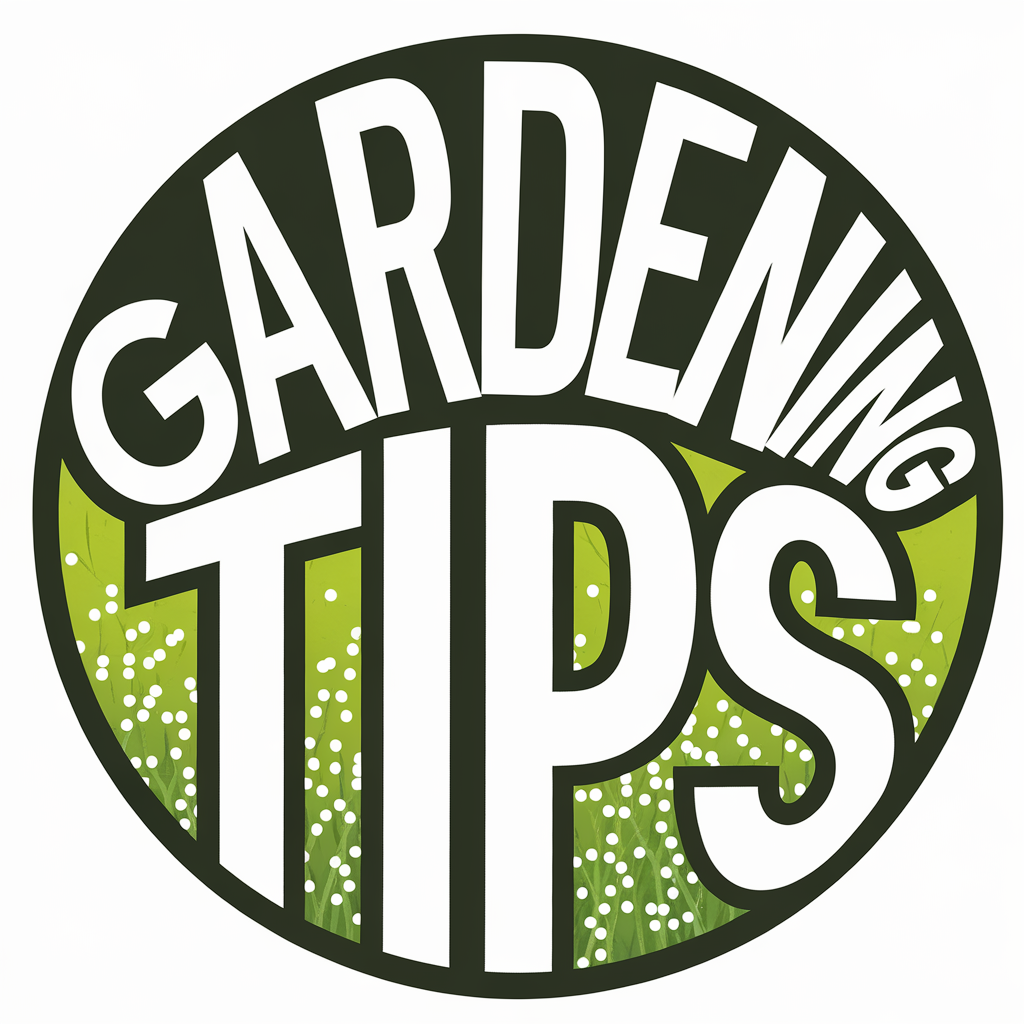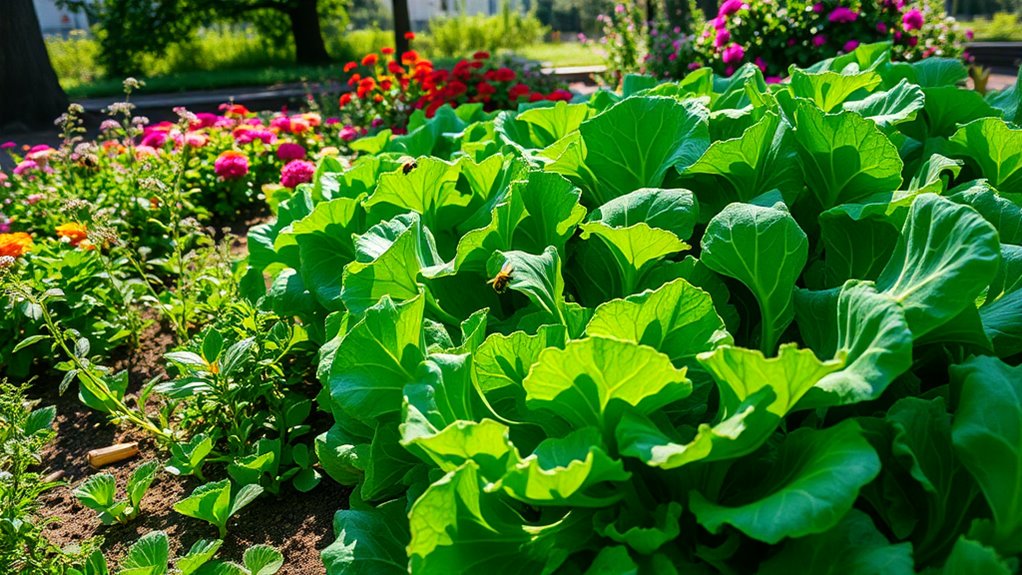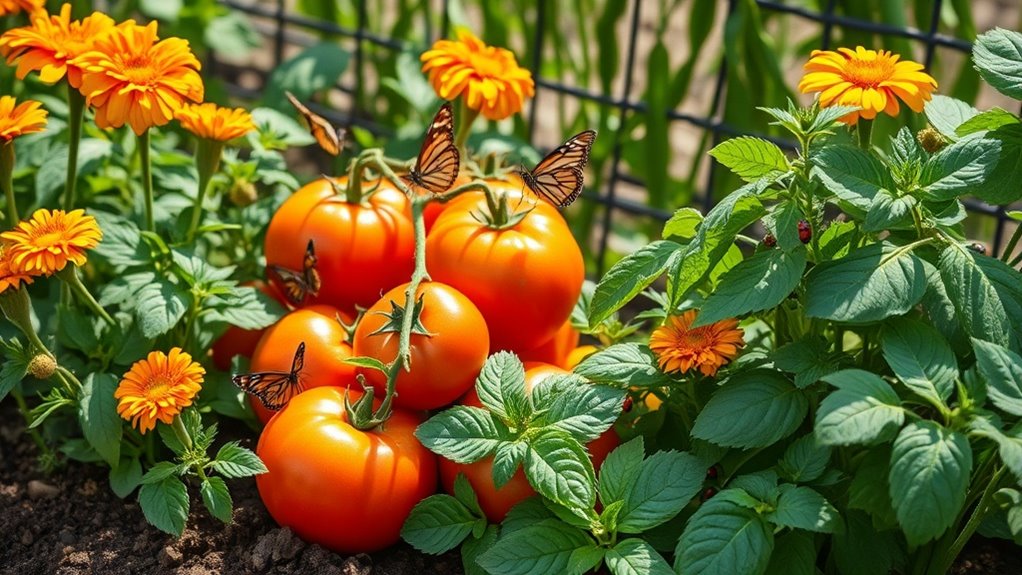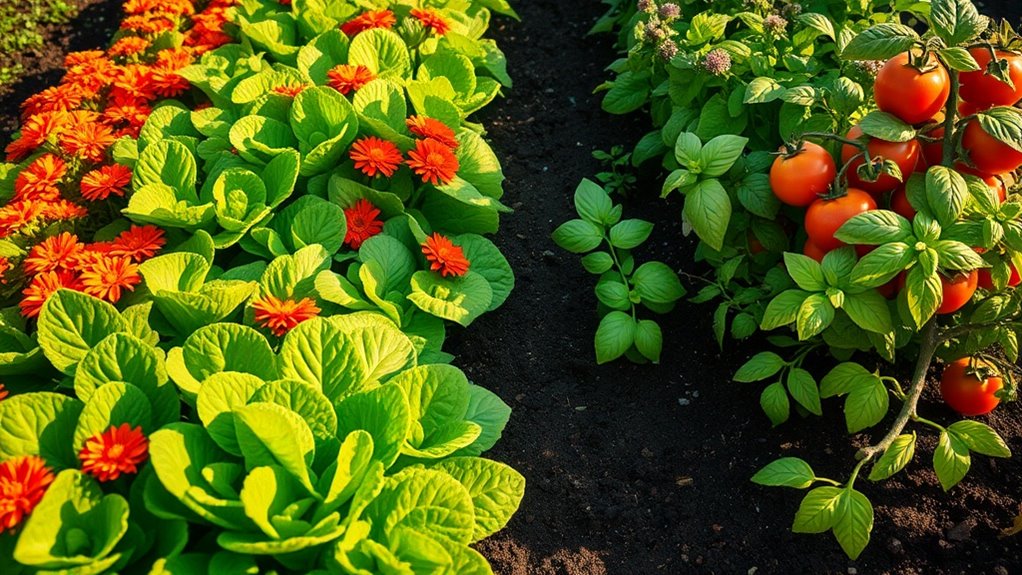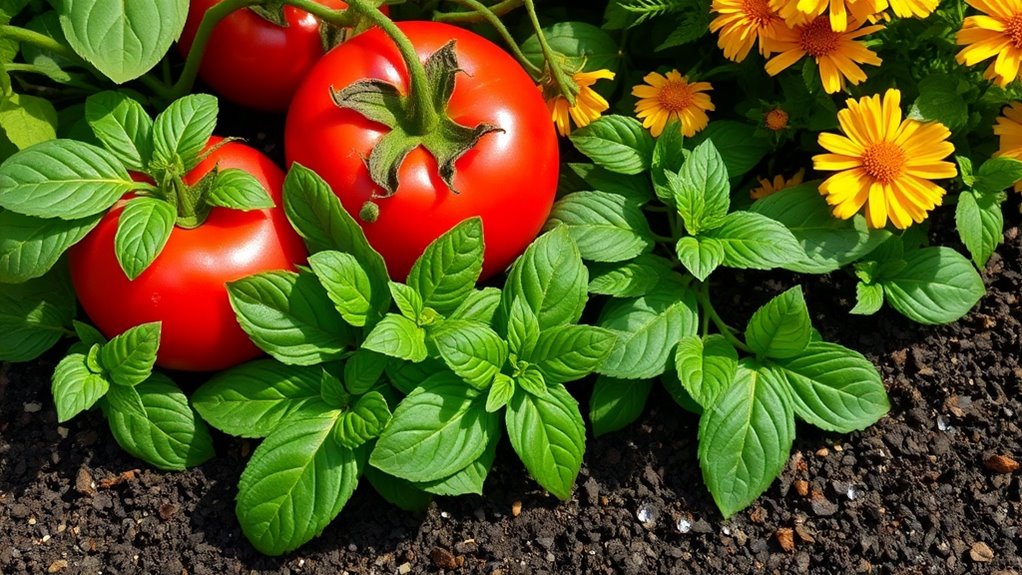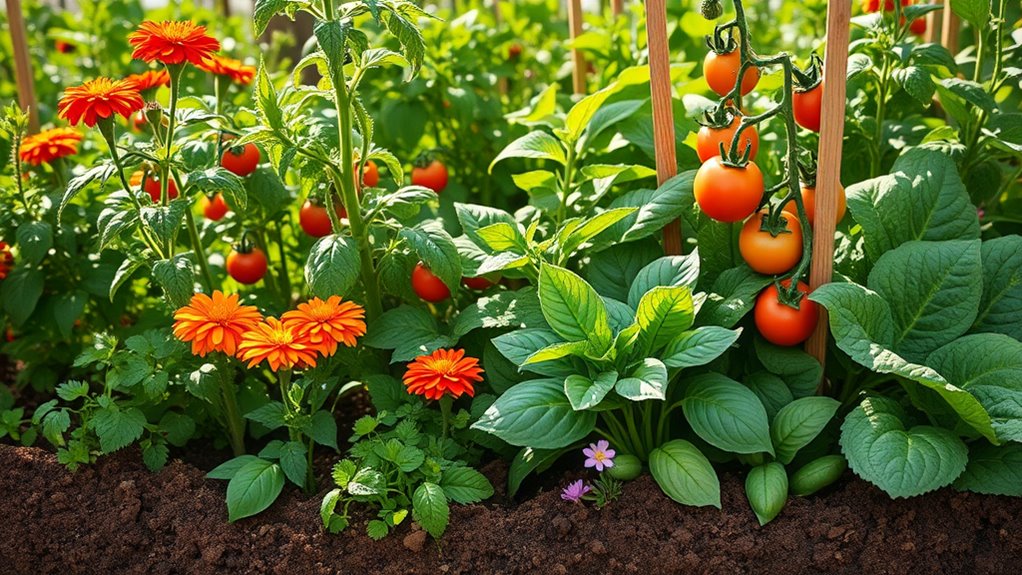The One Plant I Always Include for a Healthier Garden
If you’re looking to boost your garden’s health, consider adding borage. This extraordinary plant not only enriches your soil but also attracts essential pollinators like bees. With its deep roots, borage improves soil structure and retains moisture. Plus, it naturally wards off pests that can harm your vegetables. Imagine how these benefits could transform your garden ecosystem. What other advantages could borage offer to enhance your gardening experience?
Enhancing Soil Health With Companion Planting
When you start incorporating companion planting into your garden, you’re not just enhancing biodiversity; you’re actively boosting soil health as well.
Each companion plant pick contributes unique nutrients and promotes beneficial microbial activity. Legumes fix nitrogen, while deep-rooted plants aerate the soil. Additionally, certain combinations can help deter pests naturally, creating a more balanced ecosystem in your garden.
Attracting Beneficial Insects to Your Garden
Incorporating companion planting not only enriches your soil but also creates a welcoming environment for beneficial insects, which play a vital role in maintaining your garden’s health. Planting flowers like marigolds alongside vegetables attracts predatory insects, enhancing pest control. Additionally, companion planting strategies can maximize your garden’s productivity. Check out this table to see key plants that help attract these allies:
| Plant | Beneficial Insect |
|---|---|
| Marigold | Ladybugs |
| Dill | Hoverflies |
| Borage | Bees |
| Chives | Lacewings |
| Sunflower | Parasitic Wasps |
Improving Plant Growth and Yield
To achieve robust plant growth and maximize yield, it’s essential to implement effective techniques tailored to your garden’s specific needs.
Focus on proper soil amendments, ensuring adequate nutrients and pH balance.
Utilize crop rotation and companion planting to improve biodiversity.
Regular watering and mulching retain moisture and suppress weeds, creating an ideal environment for your plants to thrive and produce abundant yields. Additionally, incorporating colorful seasonal plants into your garden will enhance its visual appeal while supporting beneficial insects.
Natural Pest Control Strategies
Although pests can threaten your garden’s health, employing natural control strategies can effectively manage their populations without harmful chemicals.
You can introduce beneficial insects like ladybugs and lacewings, and use organic oils or insecticidal soaps.
Rotating crops and using companion planting also deters pests.
These methods not only protect your plants but also enhance the garden’s overall ecosystem, ensuring sustainable growth. Additionally, natural remedies like diatomaceous earth and neem oil can be particularly effective in repelling unwanted pests.
Creating a Balanced Ecosystem in Your Garden
Creating a balanced ecosystem in your garden is essential if you want to promote healthy growth and sustain biodiversity.
Incorporate diverse plant species, encouraging beneficial insects and microorganisms.
Use native plants to boost local wildlife.
Mulching and composting enrich the soil, while crop rotation helps prevent pest outbreaks. Mulching plays a vital role in improving soil health and moisture retention.
By fostering interconnections, you’ll create a resilient environment that thrives naturally.
Your garden will flourish beautifully.
